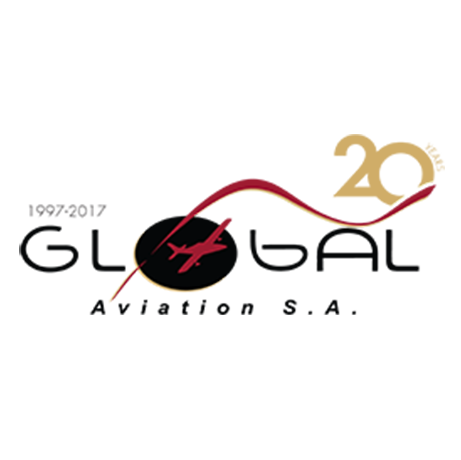How to become a pilot
Before you start training to be a pilot and in order to be eligible for the professional pilot license, you must be 17 years of age, you must be able to read, write, speak and understand English, to be physically and mentally healthy (Medical Certificate) and to pass the assessment of the Academy.
-
Getting the Medical Certificate
The student pilot will undergo several routine-based medical examinations. These tests include: blood and urine tests, eye vision and physiological tests. The examinations and evaluations will be conducted by certified aviation Aero-Medical Physicians. You will need to visit the IASI Aeromedical Center in Thessaloniki or the 251 Hellenic Air Force Aeromedical Center (K.A.I.) in order to complete your medical test. The student pilot must book an appointment in order to complete the test. The procedure may take up to five (5) hours and the medical certificate is issued on the same day.
Certificate issue: If all standards are met, then the student can proceed to the second stage of the assessment. However, if the required standards are not met, then the process may take longer since the doctors with HCAA’s cooperation will need to investigate the medical results more thoroughly. It is possible that an application for a medical certificate can be denied. In that case, you will be allowed to re-apply after a certain period of time (if, for example, the medical condition is curable and improves).
Validity Period: A class 1 Medical Certificate is valid for at least one (1) year. At least one month prior to its expiration, the student pilot must revalidate his or her medical certificate to a doctor specialized in aviation medicine.
-
Assessment:
In order to enroll in Global Aviation’s courses, the student must pass the academy’s pre-entry assessment, which can be conducted online. The purpose of the assessment is to evaluate the applicant’s knowledge in the English language, basic mathematics and basic physics. Moreover, it includes some logic evaluation questions.
In addition to the mandatory pre-entry assessment, described above, the candidate can also take the COMPASS test. This comprehensive aviation-focused test, which is not mandatory, takes place on the Academy’s Ground School base in Athens, Greece. The cost of the COMPASS test is €100.
-
Visa Issuing
Students, who are non-European citizens, must undergo through a visa issuing process before their enrolment.
You will be required to issue a Type D student visa, in order to come to Greece and start your training. Global Aviation provides full assistance to its international students from the beginning of the process till its successful completion.
-
Enrollment
The student pilot after his/her successful medical test and assessment, can proceed to his/her enrolment in the Academy’s first available class. The Academy has 3 classes per year, every February, June and October.

